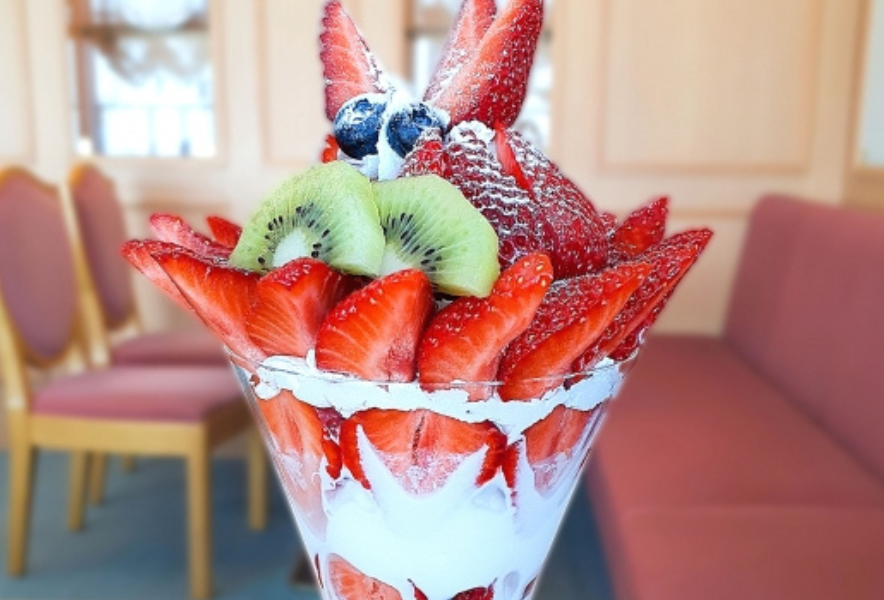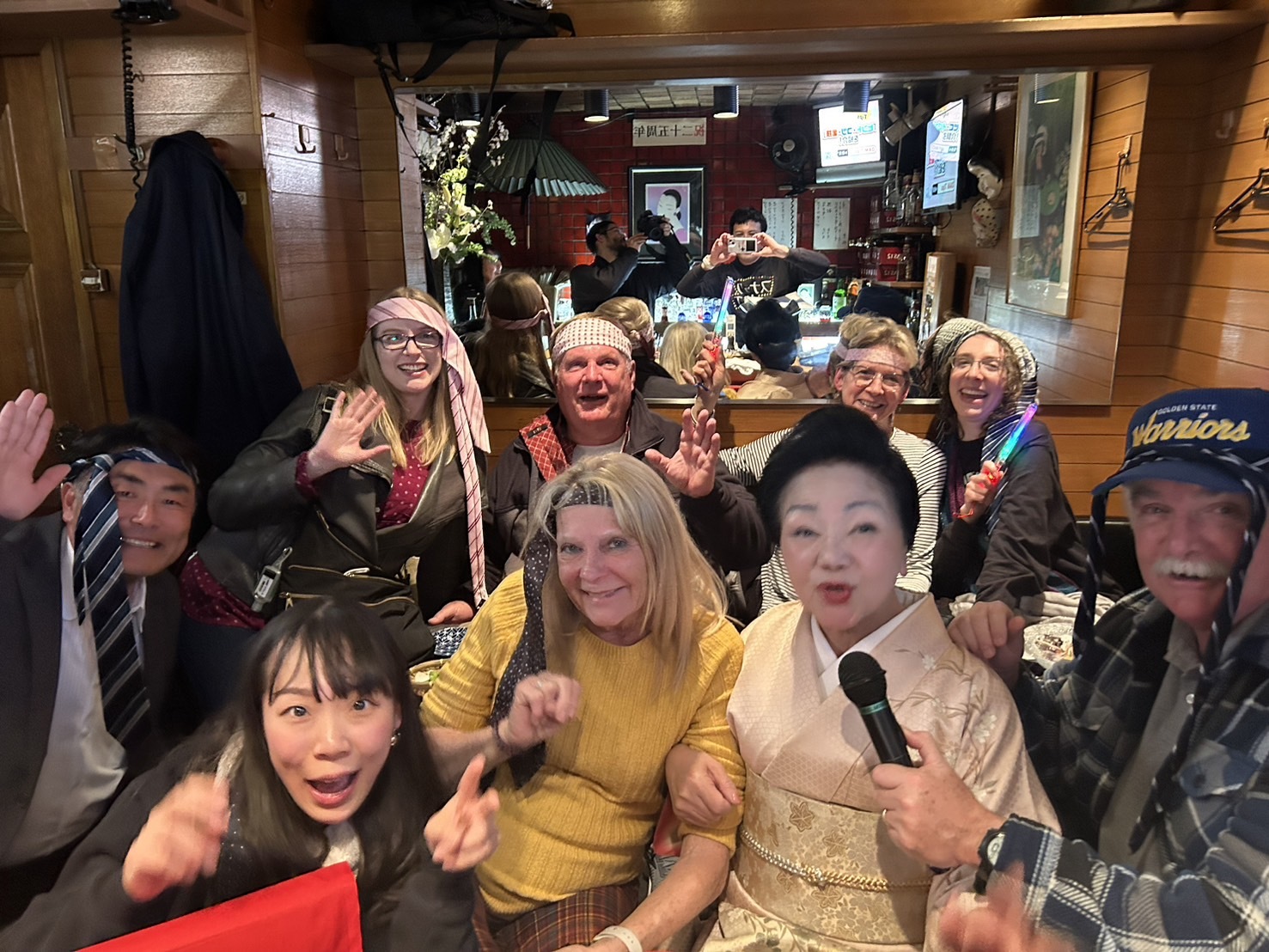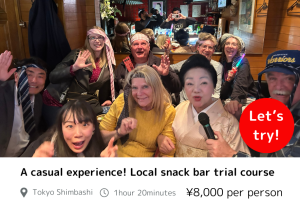In Japan, the practice of ending a night out with a special dish, known as “shime,” is a beloved tradition that adds a final touch to an evening of drinking. This cultural habit underscores the importance of balance and closure in Japanese dining and socializing experiences.

Ramen at Ichiran
What is “Shime”?
“Shime” (締め) literally means “closing” or “conclusion.” After a night of drinking and enjoying various izakaya (Japanese pubs) dishes, many Japanese people like to finish with a hearty meal that signals the end of the evening. This is not just about satisfying hunger, but also about capping off the night on a satisfying note.
Common “Shime” Dishes
Several dishes are popular as “shime” choices, each offering comfort and satisfaction:
- Ramen

Ramen at Kokutei
Ramen is perhaps the most iconic “shime” dish. A steaming bowl of noodles in a savory broth helps absorb the alcohol and provides a warm, satisfying end to the night.
- Ochazuke
 Ochazuke is a simple yet delightful dish made by pouring green tea, dashi, or hot water over rice, often topped with pickles, seaweed, or fish. It’s light and easy on the stomach, making it a perfect closing meal.
Ochazuke is a simple yet delightful dish made by pouring green tea, dashi, or hot water over rice, often topped with pickles, seaweed, or fish. It’s light and easy on the stomach, making it a perfect closing meal.
- Onigiri
 Onigiri (rice balls) are convenient and versatile. Filled with ingredients like pickled plum, salmon, or tuna, they are easy to eat and provide a quick, filling finish to the night.
Onigiri (rice balls) are convenient and versatile. Filled with ingredients like pickled plum, salmon, or tuna, they are easy to eat and provide a quick, filling finish to the night.
- Udon

Kamaage Udon at Odamaki
Udon noodles in a light broth are another comforting choice. The chewy texture and mild flavor make it a soothing option after an evening of drinking.
Regional Variations in Japan’s “Shime” Culture
In Japan, the tradition of ending a night out with a “shime” dish is widespread, but the choice of dish can vary significantly depending on the region. Each area has its own local specialties and preferences that add a unique flavor to this beloved custom.
Hokkaido: Parfait

Hiroshima: Okonomiyaki

Okinawa: Steak

The Social Aspect of “Shime”
The “shime” culture is deeply rooted in the social aspect of Japanese dining. It often involves gathering with friends or colleagues in a relaxed setting, sharing the final dish of the night while reflecting on the evening’s conversations and laughter. This practice reinforces bonds and provides a sense of closure, both gastronomically and socially.
Health and Well-being
From a practical standpoint, having a “shime” dish can help mitigate the effects of alcohol by providing a substantial, often carbohydrate-rich meal that aids in the absorption of alcohol. It also ensures that people don’t go to bed on an empty stomach, which can improve overall well-being after a night of drinking.
\How about drinking on the tour before Shime? /
Conclusion
The “shime” culture in Japan is more than just a culinary habit; it’s a cherished ritual that highlights the importance of ending the night on a pleasant and fulfilling note. Whether it’s a bowl of ramen, a serving of ochazuke, or a simple onigiri, these dishes provide comfort and satisfaction, ensuring that the night ends well. So, next time you enjoy a night out in Japan, remember to partake in this delightful tradition and savor the perfect “shime” dish to close your evening.
Let’s go to Izakaya and a Japanese Snack-bar with a fun guide!!
You can enjoy many kinds of food at Izakaya and drinking culture Snack Bars, beloved by many but you can’t enter without a guide. You can enjoy communication with the owner and other customers, as well as singing karaoke, allowing for a relaxing time.
Most snack bars have a policy of refusing entry to foreigners. However, with a tour, you’ll have a guide, so you can enter with peace of mind.
When visiting Japan, don’t just check off the tourist spots –
dive into local experiences for an unforgettable journey!

Once you experience it, you’ll be captivated too! The charm of snack bars.

New encounters with people! The camaraderie of singing at a snack bar! Conversations with the mama-san!






 Ochazuke is a simple yet delightful dish made by pouring green tea, dashi, or hot water over rice, often topped with pickles, seaweed, or fish. It’s light and easy on the stomach, making it a perfect closing meal.
Ochazuke is a simple yet delightful dish made by pouring green tea, dashi, or hot water over rice, often topped with pickles, seaweed, or fish. It’s light and easy on the stomach, making it a perfect closing meal. Onigiri (rice balls) are convenient and versatile. Filled with ingredients like pickled plum, salmon, or tuna, they are easy to eat and provide a quick, filling finish to the night.
Onigiri (rice balls) are convenient and versatile. Filled with ingredients like pickled plum, salmon, or tuna, they are easy to eat and provide a quick, filling finish to the night.






